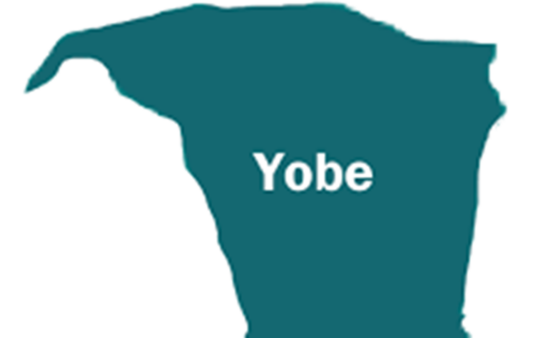Nigeria’s economic landscape tells an increasingly troubling story for certain states with extremely low Internally Generated Revenue (IGR).
According to the National Bureau of Statistics (NBS), 10 states recorded the lowest IGR figures in 2023, with eight Northern states dominating the list.
For context, Ogun State IGR (₦146.88 billion) or Lagos IGR in 2023 is more than the combined IGR of eight Northern states – Taraba, Sokoto, Kebbi, Gombe, Adamawa, Yobe, Borno, and Benue,
Taraba: ₦10.87 billion
Yobe: ₦11.19 billion
Kebbi: ₦11.74 billion
Gombe: ₦15.18 billion
Adamawa: ₦17.07 billion
Sokoto: ₦17.96 billion
Benue: ₦19.12 billion
Borno: ₦19.45 billion
Bayelsa: ₦19.82 billion
Imo: ₦21.05 billion
Insecurity as a debilitating factor against revenue
While many factors influence a state’s revenue generation, insecurity has proven to be one of the most crippling for Northern states.
Borno, Adamawa, and Yobe, for instance, are embroiled in long-standing conflicts due to insurgent activities, particularly Boko Haram.
These threats have escalated over the years, forcing thousands from their homes and leaving significant portions of these states deserted or inaccessible.
The combined pressure of insecurity and limited revenue has created a vicious cycle in these states: the insecurity drives down economic activity, further reducing IGR, which in turn limits funding for security and development initiatives that could address the root causes of conflict.
The consequences of low IGR also extend to basic governance and social services. For states like Taraba and Kebbi, limited funds mean less investment in essential infrastructure, healthcare, and education.
Without these, poverty worsens, fueling resentment and, in some cases, prompting youth toward radicalization or crime, further undermining peace and security.
In contrast, state with higher IGR such as Lagos has deployed resources more effectively to support their infrastructure and security apparatus, creating a more stable environment for businesses to thrive.
This widening disparity suggests that security is not only a social issue but an economic necessity—one that is crippling the potential of Northern Nigeria.
For Imo, the sit-at-home order and other criminal activities of Indigenous People of Biafra (IPOB), a separatist group, have worsened business activities in the state.
Investing in sustainable security measures and economic reforms could allow these low-IGR states to unlock their potential, move toward self-sufficiency, and reduce reliance on federal allocations.
Ultimately, the government’s response to this crisis should not only focus on combating insecurity but also on economic empowerment.
Practical steps could include incentivizing investments in local industries and agriculture—where many Northern states hold untapped potential.
For a region with rich cultural heritage and natural resources, adequate security and focused economic strategies could transform these struggling states into thriving hubs, bringing sustainable revenue, stability, and hope back to the people.


